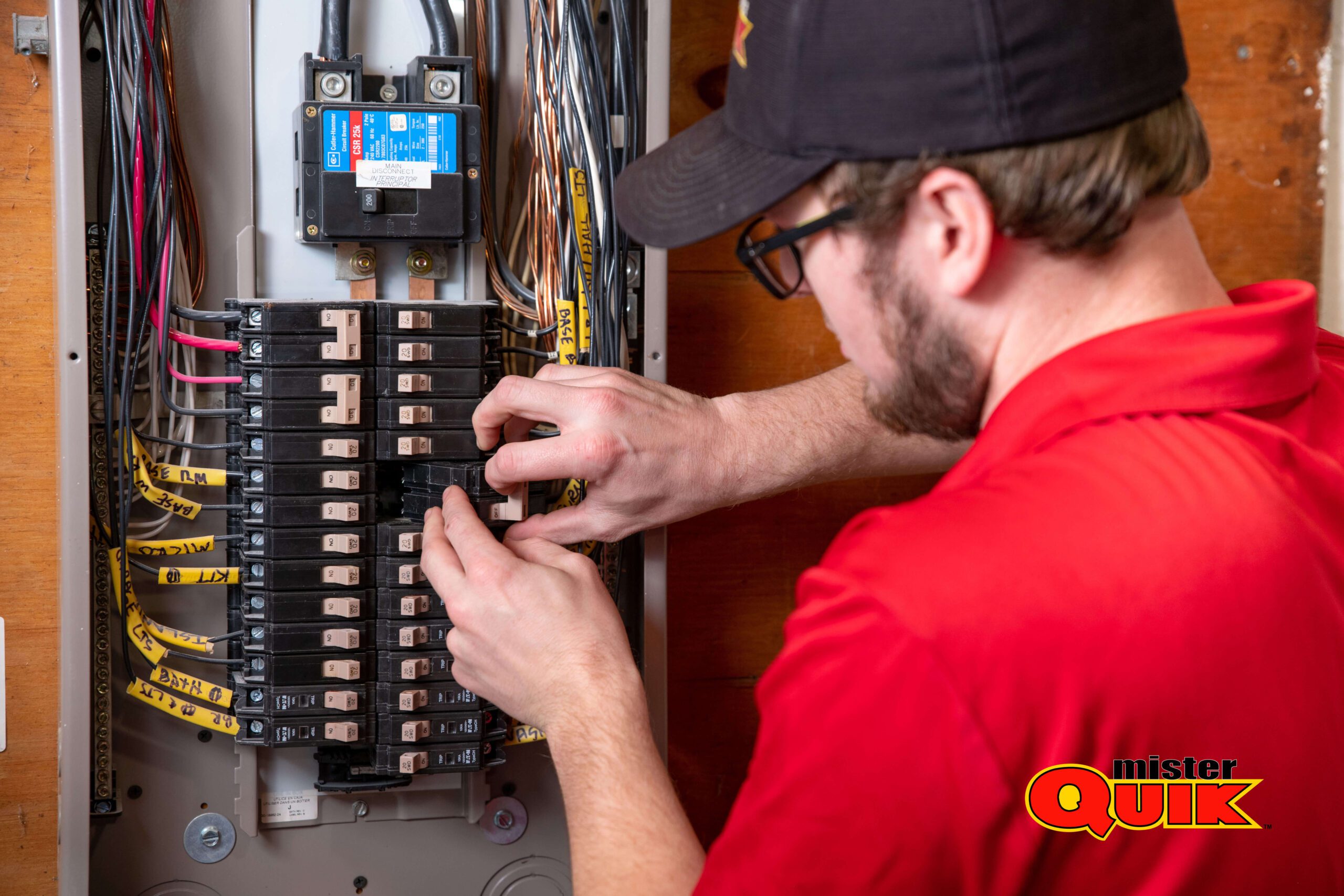Reliable Greenwood Generators
Schedule on your own without making a call. Click the button below to get started!

Generators for home use
Generator backup power supply
Are you searching for generators near you? Understanding your options is crucial for ensuring uninterrupted power supply during outages. Let’s explore the key details about generators available in your area:
Consider portable, standby, inverter, and solar generators based on your power needs and budget.
Generators can run on gasoline, diesel, propane, or natural gas, so choose one that aligns with your preferences and accessibility
Determine the wattage needed to power essential appliances and devices in your home during emergencies.
Some generators operate quieter than others, making noise level an important factor, especially for residential use
A generator is a device that converts mechanical energy into electrical energy to provide power during electrical outages. It typically operates using fuel such as gasoline, diesel, or natural gas to drive an engine, which then generates electricity.
The size of the generator needed for a home depends on factors such as the size of the home, the number of appliances and devices requiring power, and the desired level of backup power. A professional assessment by a licensed electrician can help determine the appropriate generator size.
The runtime of a generator depends on its fuel capacity and the load it is powering. Generally, generators can provide power for several hours to several days, depending on fuel availability and consumption rates.
Yes, it is highly recommended to hire a licensed electrician or generator installation specialist to install a generator in your home. Proper installation ensures safety, compliance with local codes, and optimal performance during power outages.
Regular maintenance is essential to ensure that your generator functions properly during emergencies. It is recommended to schedule maintenance at least once a year, including tasks such as oil changes, filter replacements, and testing of the generator’s components.
Emergency generators near me
Are you considering purchasing a generator for your home but unsure where to start? Understanding the types, sizes, and features of generators tailored for home use is crucial for making an informed decision. Here’s a comprehensive guide to help you navigate the world of generators:


Explore options such as portable generators, standby generators, and inverter generators, each offering unique benefits and suited for different applications.
Consider your home’s power needs to determine the appropriate generator size, ensuring it can handle essential appliances and electronics during outages.
Generators commonly run on gasoline, propane, or natural gas. Evaluate fuel availability, storage requirements, and cost-effectiveness when selecting a generator.
Standby generators often come with automatic transfer switches, seamlessly transitioning power during outages without manual intervention.
Pay attention to noise levels and emissions, especially for portable generators, to ensure compliance with local regulations and minimize disturbances.
In conclusion, investing in a generator for home use offers peace of mind and ensures continuity during power outages. For expert advice and assistance in choosing the right generator for your needs, rely on Mister Quik Home Services in Greenwood.
Emergency generators near me
Are you considering purchasing a generator for your home but unsure where to start? Understanding the types, sizes, and features of generators tailored for home use is crucial for making an informed decision. Here’s a comprehensive guide to help you navigate the world of generators:


Explore options such as portable generators, standby generators, and inverter generators, each offering unique benefits and suited for different applications.


Consider your home's power needs to determine the appropriate generator size, ensuring it can handle essential appliances and electronics during outages.


Generators commonly run on gasoline, propane, or natural gas. Evaluate fuel availability, storage requirements, and cost-effectiveness when selecting a generator.
Best generators in Greenwood
Looking for the best generators in Greenwood to ensure uninterrupted power supply? Understanding the key features and considerations can help you make an informed decision. Here’s a comprehensive guide to help you choose the best generator for your needs:
Consider the wattage capacity of the generator to ensure it can meet your household or business's power demands during outages
Generators are available in various fuel options such as gasoline, propane, or diesel. Choose a fuel type that aligns with your preferences and availability.
If mobility is essential, opt for a portable generator with wheels and handles for easy transportation
Evaluate the noise level of the generator, especially if you plan to use it in residential areas where noise regulations may apply.
Generators equipped with an automatic transfer switch seamlessly transition power supply during outages, offering convenience and reliability.
By implementing these energy-efficient measures, you can significantly reduce your heating costs and enjoy a more comfortable living environment.
- Determine the type of generator needed based on your requirements, such as portable, standby, or whole-house generators.
- Consider factors like power output, fuel type, and installation suitability for your specific needs.
- Hire a professional electrician for proper installation to ensure compliance with local codes and safety standards.
- Schedule regular maintenance, including oil changes, filter replacements, and component testing, to ensure reliable performance.
- Assess your power needs to determine the appropriate wattage capacity of the generator.
- Ensure the generator can handle essential appliances and electronics during outages without overloading.
- Consider upfront costs, including the purchase price and installation expenses, when budgeting for a generator.
- Factor in long-term costs, such as fuel supply, maintenance, and potential repairs, to assess the overall affordability.
- Choose a fuel type that aligns with your preferences, availability, and long-term cost considerations.
- Evaluate the generator’s fuel consumption rate to estimate operational costs during prolonged outages.









